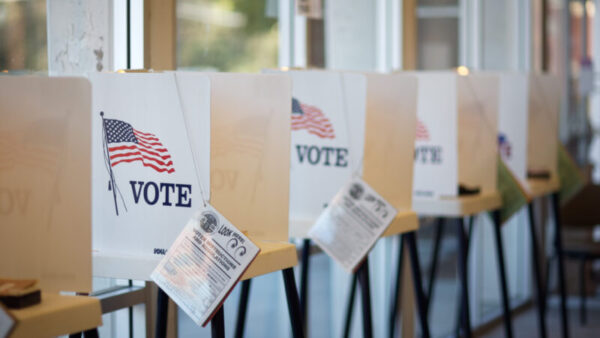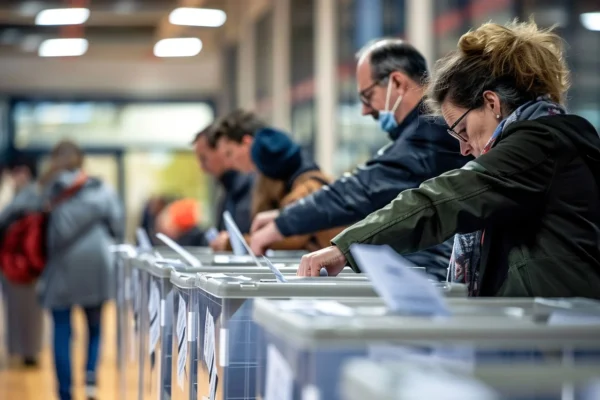Kelly v. McCulloch Ruling a Victory for Independent Candidates and Electorate
FOR IMMEDIATE RELEASE
CONTACT: (212) 549-2666; media@aclu.org
MISSOULA, MT — Independent candidates will face one fewer hurdle to qualifying for the ballot in Montana because of a U.S. District Court ruling that the state’s March filing deadline is unconstitutional.
The ACLU of Montana and the National ACLU Voting Rights Project brought the case, Kelly v. McCulloch, in 2008 on behalf of Steve Kelly of Gallatin County, who sought to run that year as an independent candidate for the U.S. Senate, and Clarice Dreyer, a Gallatin County resident who wanted to vote for Kelly but was unable to because of his inability to qualify for the ballot. McCulloch is named in her capacity as Secretary of State of Montana.
“This is a victory for independent candidates and for all voters,” said ACLU of Montana Executive Director Scott Crichton. “If independent candidates are prevented from qualifying for the ballot it limits political dialogue.”
U.S. District Judge Sam Haddon ruled on May 25 that the deadline “imposes a significant barrier to the exercise of rights protected and guaranteed by the First and Fourteenth Amendments to the Constitution of the United States and is unconstitutional.”
Haddon ruled that deadline, one of the earliest in the country, cuts off independent candidates’ opportunity to run for office 7-1/2 months before the general election, when major party candidates are undecided and before “issues begin to coalesce such that independent candidates with opposing or different views may emerge.” In fact, the barrier has been so great that the last time a Montana independent candidate successfully qualified to run for the U.S. Senate was in 1936.
“This decision is important because it helps ensure that our democracy is inclusive,” said ACLU Voting Rights Project Director Laughlin McDonald, who argued the case before the district court. “The electoral process must accommodate all voices – not just those of our two major parties.”
Haddon initially ruled in 2008 that Kelly did not have standing to bring the case, but in 2010, the U.S. Ninth Circuit Court of Appeals ruled in the ACLU’s favor, and sent the case back to U.S. district court. According to that Appeals Court decision, both Kelly’s and Dreyer’s “basic constitutional rights as voters are implicated, and they therefore have standing to challenge Montana’s ballot access requirements.”
In his current decision, Haddon cited U.S. Supreme Court ruling in Anderson v. Celebrezze: “… protecting the Republican and Democratic parties from external competition cannot justify the virtual exclusion of other political aspirants from the political arena… Competition in ideas and governmental policies is at the core of our electoral process and First Amendment freedoms.”
The ACLU also sought a change in the requirement that independent candidates submit signatures equaling 5 percent of the total vote cast for the successful candidate for the same office in the last general election. Haddon, however, ruled that requirement constitutional, even though it is one of the highest thresholds of any state in the nation.
More information about the case can be found at www.aclumontana.org



